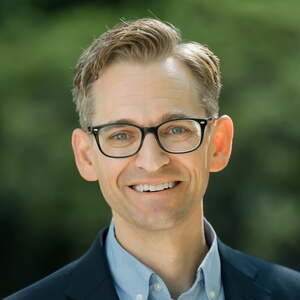
The new ºÚÝ®ÊÓƵ Center for Christian Thought officially opened its doors in February, marking the start of one of the most ambitious academic initiatives in Biola’s history.
Housed in a newly remodeled space in Rose Hall, the center aims to encourage first-rate Christian scholarship and produce valuable resources for the church and society. It will do so by bringing leading Christian scholars from around the world to Biola’s campus for up to a year at a time to research, collaborate and write about important issues facing Christianity in the 21st century. Together, they’ll produce books, videos, lectures and other materials for both academic and popular audiences.
The new space itself is designed with research and collaboration in mind. In addition to an ornate conference table where the scholars hold regular discussions, the center offers a comfortable lounge area, kitchen, offices and inspiring decorative touches.
Eight research fellows — four external scholars and four Biola professors — are in residence at the center during its inaugural semester: Dariusz M. Bryćko (LCC International University in Lithuania); George Hunsinger (Princeton Theological Seminary); Craig J. Slane (Simpson University); Amos Yong (Regent University School of Divinity); and Biola professors Jonathan Anderson, Brad Christerson, Natasha Duquette and Elizabeth Lewis Hall. Joining them as visiting scholars are two of the world’s most renowned Christian philosophers, Alvin Plantinga and Nicholas Wolterstorff, who came to campus for two weeks in February and will return for a public conference in May, when all of the scholars will present their work.
For details about the conference or to learn more about the center, visit the center’s website at .
Photos





Online Extra
Alvin Plantinga, "Science & Religion: Where the Conflict Really Lies"
Nicholas Wolterstorff, "On the Moral Significance of Poverty"
 ºÚÝ®ÊÓƵ
ºÚÝ®ÊÓƵ
.jpg)

